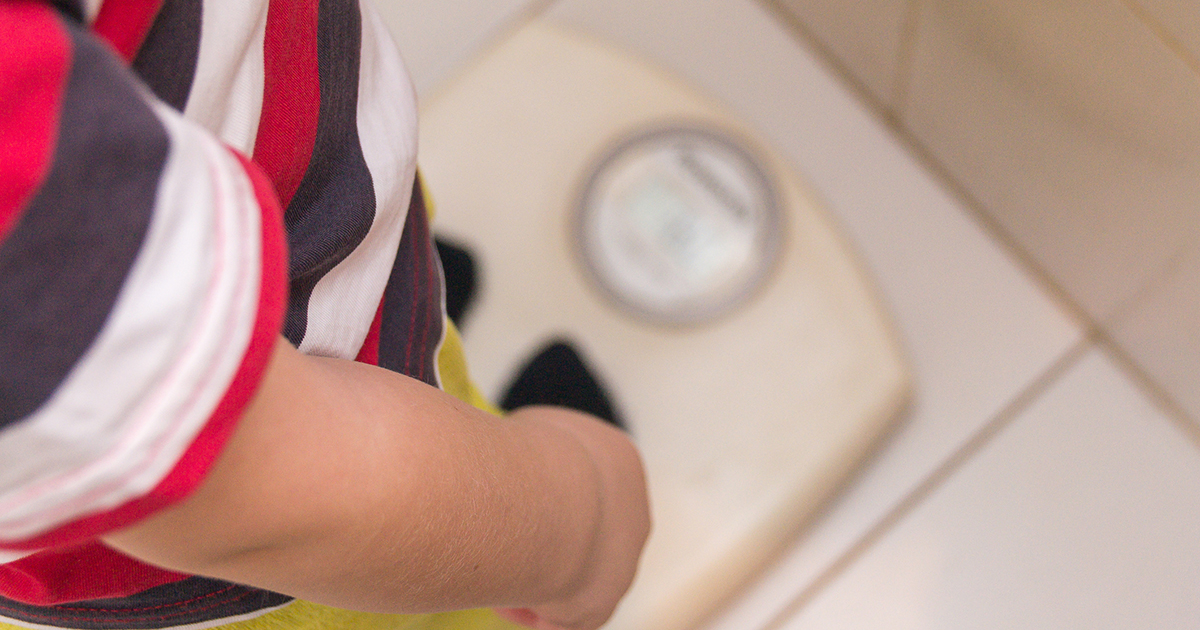10 Key Causes Of Diabetic Neuropathy You Can't Ignore
3. Nerve And Blood Vessel Damage

Nerve and blood vessel damage are associated with all types of diabetic neuropathy. In addition to the painful foot symptoms that are common with peripheral neuropathy, the autonomic type of diabetic neuropathy can lead to more serious problems with the nerves and blood vessels. For example, patients with this form of the condition may have cardiovascular, bladder, eye, and gastrointestinal concerns. Urinary tract infections, bladder incontinence, nausea, constipation, and bloating may develop. Some patients experience an elevated heart rate, problems with blood pressure regulation, and swallowing difficulties. This type of damage to nerves and blood vessels cannot be reversed, and treatment focuses on pain relief and slowing down or halting the progression of damage. For example, patients who have urinary tract infections or blood pressure changes will be given medication to treat these concerns. Specific pain relievers designed to treat pain from diabetic neuropathy can be prescribed as well. To slow the progression of nerve and blood vessel damage, diabetes patients will be given specific blood glucose targets. Keeping glucose readings between eighty and 130mg/dL prior to meals is considered ideal for reducing the risk of nerve complications. If readings are taken within two hours of eating a meal, doctors recommend they measure less than 180mg/dL.
4. Obesity

Obesity can make the symptoms of diabetic neuropathy worse, as excess weight places increased strain on the bones, joints, blood vessels, and organs. Patients are considered obese if they have a body mass index (BMI) of thirty or more. Doctors recommend overweight or obese patients to try to lose weight through a combination of dietary changes and exercise. Eating a primarily plant-based diet that is low in saturated fat and refined sugar may help patients lose weight effectively. Exercise can boost the patient's metabolism so they burn more calories throughout the day. In particular, obese patients are advised to avoid fast food, fried food, processed food, and soda. Patients who have trouble losing weight may wish to have a consultation with a nutritionist or join a local or online support group for weight loss. Individuals planning to start a new exercise program should consult their physician, and they may wish to start with gentle activities such as swimming, yoga, and walking. If necessary, several prescription medications are available that may enable patients to lose weight, and surgical interventions may be appropriate for individuals who have struggled with their weight for a long time.
